Researcher Spotlight #1
All of the research done at the CEMVC couldn’t be done without our talented team. Throughout the summer, we will be introducing you to our team through special Researcher Spotlight posts.
In the spotlight today: Justin Yoston, Research Supervisor at the CEMVC.
Justin has been part of the CEMVC team since 2018, when he began as a metadata research assistant. Today, he expertly oversees a team of researchers in compiling and documenting image sets for the repository. His work ethic and leadership skills help inspire the team.
Justin holds a B.A. from Mount Allison University (Hons. Philosophy, Min. Psychology). When not working with the team, he works diligently as an analyst in the private sector and as a business and marketing strategist for Metafy (Dr. Beck’s start-up company). He enjoys writing poetry & fiction, playing musical instruments, and hanging out with his chihuahua, Brutus.
Thankfully, we had a chance to speak with Justin about some of his favourite parts of the CEMVC!
Q: What inspired you to join the CEMVC?
A: Three of my greatest passions are books, the aesthetic experience, and the process of learning. The CEMVC’s primary subject matter consists of books and their illustrations, so that checked the first two boxes. But the work itself is multidisciplinary and involves research in many disciplines (politics, history, lexicography, mythology, and geography, just to name a few). So it was an excellent opportunity to explore different areas of study, which checked the third box.
What really cemented my interest in the CEMVC, though, was the prospect that my inquiries could help other researchers, provide new understanding, or introduce a different perspective.
Q: What is your favourite CEMVC collection to date?
A: Hmm, that is a tough question.
I think Ovid’s Metamorphoses has had the greatest impact on me. From an aesthetic perspective, many of the illustrations demonstrate technical mastery while also exemplifying the profound symbolism that motivates further research. From a literary perspective, I’m fascinated by how ancient mythology has been adapted and repurposed over millennia. Studying this collection has allowed me to see the many threads of ancient mythology woven into stories from different periods in time, and it has even provided inspiration for some of my writing.
Q: How do you think that metadata will change the research experience for future students and academics?
A: In some sense, everyone already uses metadata on a daily basis. Take social media for example. With Facebook, every profile acts as the user’s personal database object, and each “About me” item acts as metadata for that object. When a user engages with content by liking, commenting, sharing, following, and so on, this creates object-to-object relationship metadata between their profile and other objects. The entire business model of Facebook is based on transforming these datastreams into ads that will be mutually beneficial, according to their algorithms.
While libraries and museums use metadata to catalogue their collections, I think it is generally underused in research. Instead of Facebook algorithms and YouTube algorithms, I anticipate the introduction of more discipline-specific algorithms that look at object and relationship metadata to expedite research, or perhaps even to suggest new theories and areas of inquiry.
As an example from the Digital Humanities, Dr. Beck has worked with Dr. Michael Cormier on algorithms that automatically classify illustrations as either woodcuts or copper plate engravings. It’s hard to say where these developments will take us, but I know that we’re still in the early stages of something that will prove invaluable for future researchers.

